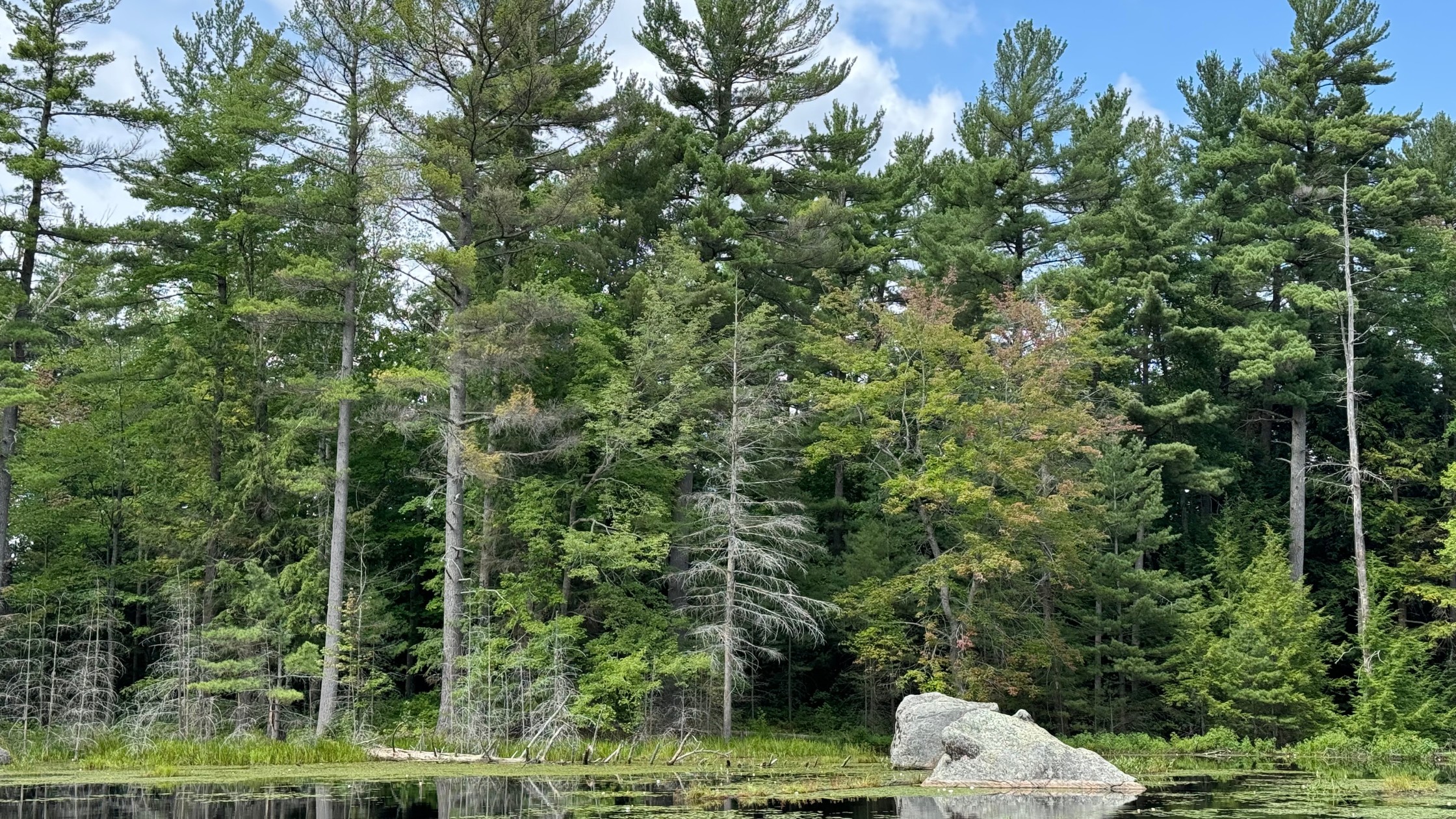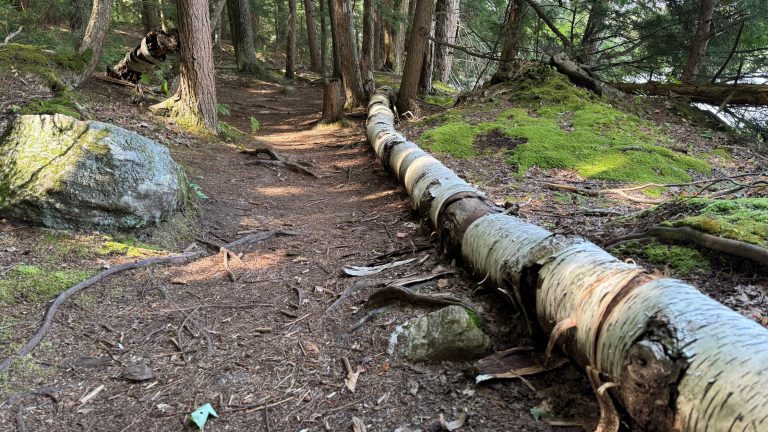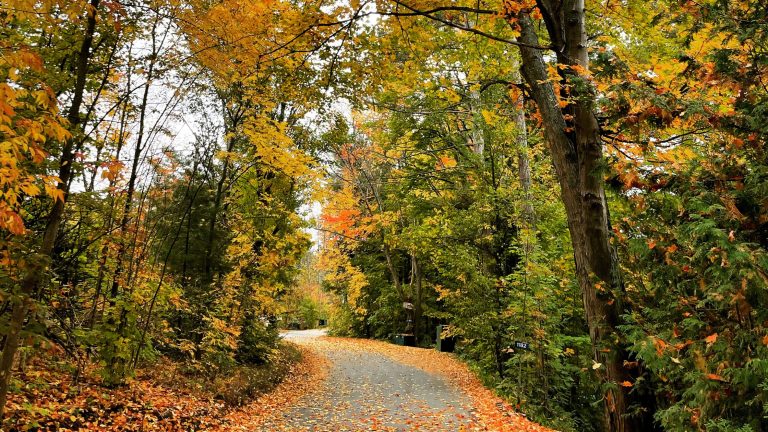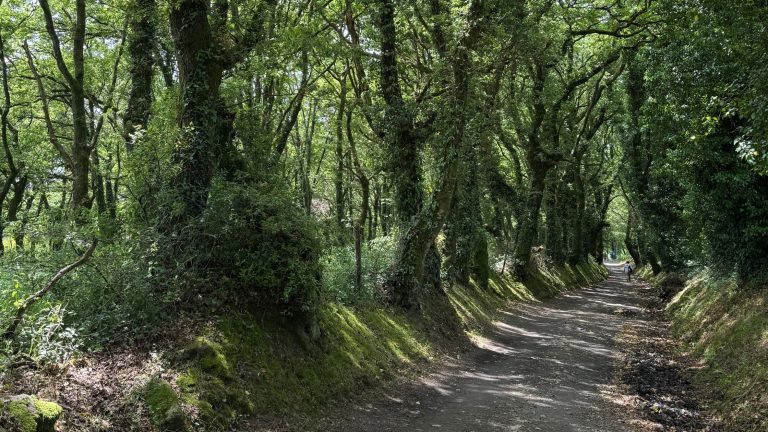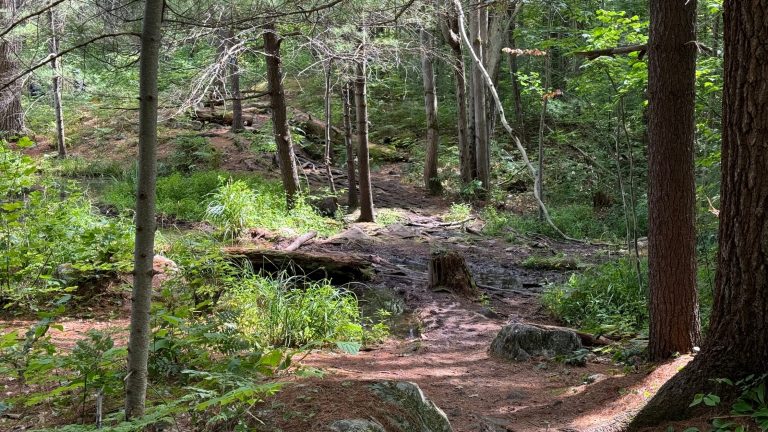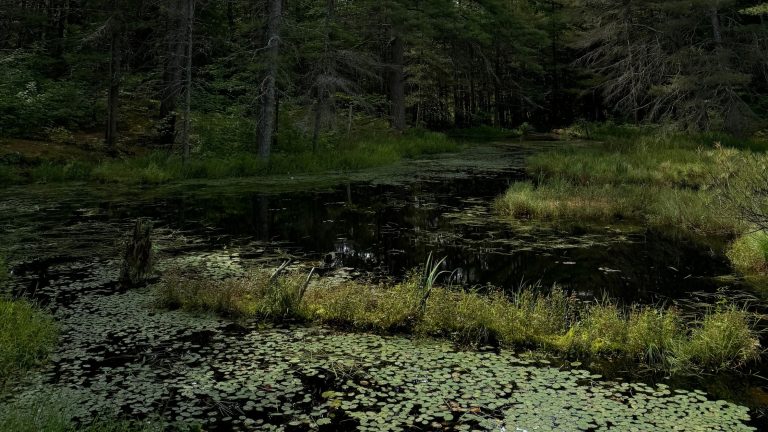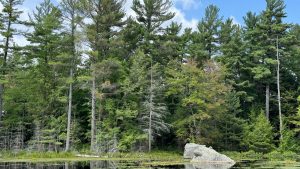Discover breathtaking coastal views and serene hiking trails in this hidden gem.
Discover breathtaking coastal views and serene hiking trails in this hidden gem.
Andrew Molera State Park, a hidden gem along California’s rugged Big Sur coastline, invites intrepid travelers to immerse themselves in nature’s splendor. With its diverse landscapes ranging from sandy beaches to lush meadows, this park offers a serene escape from the hustle and bustle of everyday life. Visitors can embark on scenic hikes that meander through coastal bluffs and towering redwoods, providing breathtaking views of the Pacific Ocean.
The park’s unique geography creates a rich tapestry of ecosystems, making it a haven for wildlife enthusiasts and photographers alike. Birdwatchers will delight in spotting migratory species, while the gentle sounds of the ocean waves provide a soothing backdrop. The park’s trails cater to all levels of adventurers, ensuring everyone can experience its beauty.
As the sun sets, the park transforms into a canvas of vibrant hues, perfect for a quiet evening stroll along the beach. Andrew Molera State Park embodies the essence of California’s natural beauty, inviting visitors to reconnect with the earth and themselves.
Seasons
Spring’s gentle warmth and blooming wildflowers invite hikers to explore the park’s 20 miles of trails, offering breathtaking coastal views and serene riverbanks.
Summer’s warm days and cool coastal breezes invite hikers to explore over 20 miles of trails through redwood groves and meadows, while beachcombers enjoy the expansive shoreline.
In fall, the park’s trails wind through meadows, beaches, and hilltops, offering a serene escape with cooler temperatures and fewer crowds, making September, October, and November ideal for hiking and beachcombing.
Winter’s mild temperatures and serene landscapes offer a tranquil retreat, with fewer crowds and opportunities for coastal hikes, wildlife viewing, and beachcombing.
Top 3 Facts about Andrew Molera State Park
This coastal area is known for rare sightings of the elusive California condor, while its unique ecosystem supports endemic species like the Monterey pine, and during migration seasons, visitors can witness spectacular flocks of birds navigating the rugged terrain, showcasing the region’s rich biodiversity.
This coastal area experiences unique microclimates due to its diverse topography, where temperatures can vary dramatically over short distances, creating conditions favorable for rare plant species and distinct ecosystems, while also being susceptible to sudden storms that can dramatically alter the landscape.
Known for its stunning coastal views, this park boasts the bizarre “Bluff Trail” and prohibits campfires, ensuring the preservation of its unique ecosystem, while also being a popular spot for first-time surfers tackling the challenging waves of Big Sur’s coastline.
Travel Tips
Plan Ahead
Planning ahead is essential for an unforgettable visit to this coastal gem. Check trail conditions and weather forecasts before you go, as fog can roll in unexpectedly. Arrive early to secure parking and enjoy the serenity of the landscape before the crowds. Don’t forget to bring plenty of water, snacks, and a camera to capture the stunning views along the trails.
Pack Appropriately
When packing for your trip, include layers to adapt to the park’s microclimates, where coastal breezes can quickly shift from warm sunshine to chilly fog. Don’t forget a sturdy pair of hiking shoes for the rugged trails and a refillable water bottle to stay hydrated while exploring the diverse landscapes, from sandy beaches to lush meadows.
Respect Wildlife
Respect the diverse wildlife by observing animals from a distance and avoiding any direct interaction. Stay on designated trails to protect their habitats and be mindful of nesting areas, especially during spring. Carry binoculars for a closer look at birds and other creatures, ensuring you leave no trace behind to preserve the natural beauty for future visitors.
Stay Informed
Before your visit, check the weather conditions, temperatures, and any fire bans or notices. Ensure you have emergency contact information handy, and inform someone about your destination and expected return time. Staying informed helps ensure a safe and enjoyable experience.
Accessibility & permits
Emergency
Information not accurate?
Help us improve by making a suggestion.

